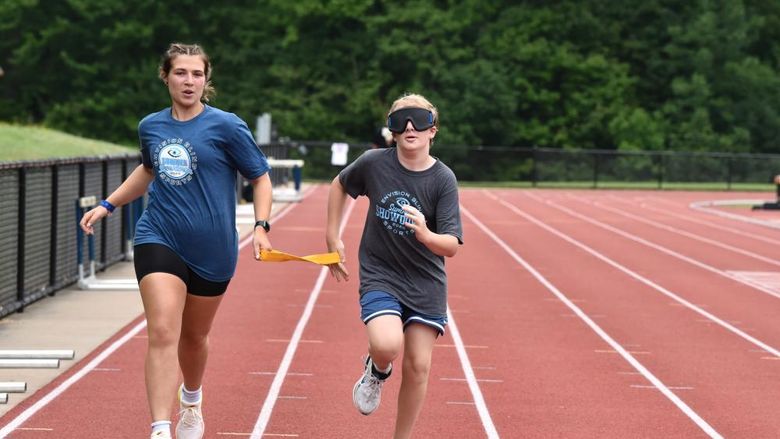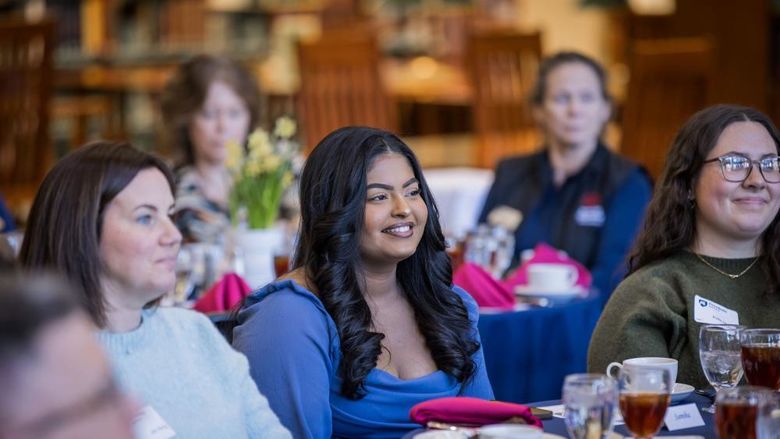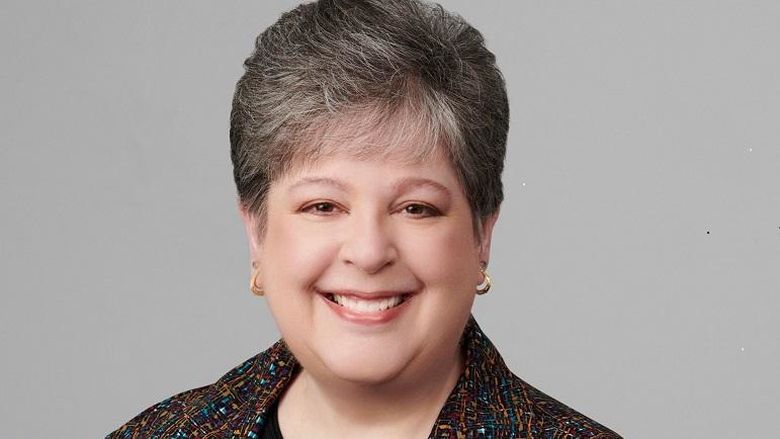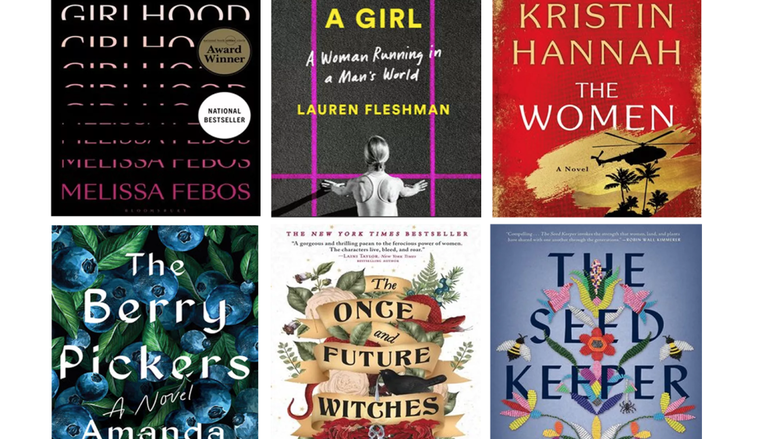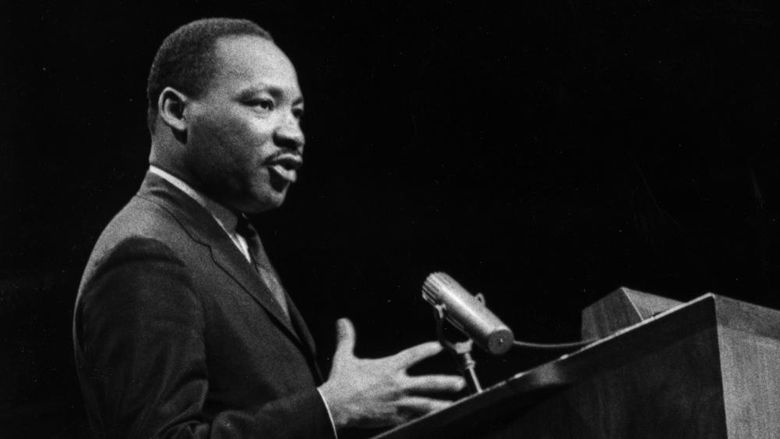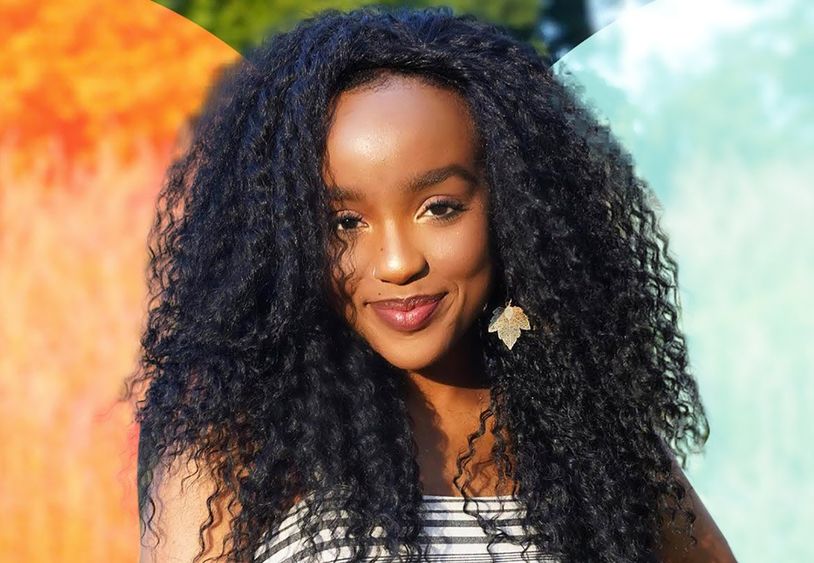
The climate-justice activist Wanjiku "Wawa" Gatheru visited Penn State Behrend on March 23 as part of the college's Speaker Series.
ERIE, Pa. — “The climate crisis isn’t an issue of decimal points, or data on a chart we can’t possibly understand. It’s the planet telling us that we need to reprioritize, and we have a once-in-a-species opportunity to reset our path," said Wanjiku “Wawa” Gatheru, during a recent visit to Penn State Behrend on March 23 as part of the college’s Speaker Series.
Gatheru, a Rhodes Scholar, earned a master’s degree in nature, society and environmental governance at the University of Oxford. She is a member of the Earthjustice Council, a volunteer network that grew out of the Sierra Club Legal Defense Fund, and has worked with the Deputy for Energy Justice at the U.S. Department of Energy.
In 2021, she founded Black Girl Environmentalist, a nonprofit network that supports Black and non-binary climate-change activists. She is building a community that counters what is often referred to as the “green ceiling”: Since 2014, Green Report 2.0 has published an annual “State of Diversity in Environmental Organizations.” The number of non-white activists in the report has never exceeded 16% of the total.
“For a long time, I didn’t feel like I had a home in the environmental movement,” Gatheru said at Behrend. “Environmentalism was always presented to me as a top-shelf issue, too white and too important to have room for me.”
Gatheru’s connection to the natural world came at an early age. She often worked in the garden with her mother and grandmother, who were Kenyan immigrants.
In high school, and then in college, at the University of Connecticut and at Oxford, she began a pivot to environmental justice, inspired in part by the government’s response to Hurricane Katrina. Black homeowners in New Orleans received less aid than their white neighbors, due to disparities in housing values, according to the Center for American Progress. In 2013 – eight years after the storm hit – 80% of the Lower 9th Ward, a majority-Black community, had not returned to their homes.
“Anything that happens in an unequal society will have unequal effects,” Gatheru said.
To mobilize a new community of activists, Black Girl Environmentalist offers mentoring and collaboration opportunities, professional-development programs and a curated database of jobs, internships, fellowships and scholarship opportunities. In March, the group was awarded $20,000 from the Tom’s of Maine Incubator, which supports young Black and Indigenous environmental activists.
“We are experiencing the most existential threat the world has ever seen,” Gatheru said. “Climate change threatens the livelihoods of millions of people all over the world. We can either be overwhelmed by the scope of the problem, or we can fall in love with the creativity of the solutions.”
Robb Frederick
Director of Strategic Communications, Penn State Behrend
